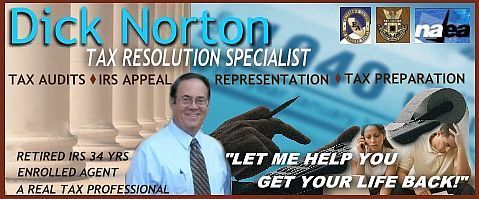Rental Income and Expenses
Do you rent property to others? If so, you’ll want to read the following seven tips from the IRS about rental income and expenses.
You generally must include in your gross income all amounts you receive as rent. Rental income is any payment you receive for the use of or occupation of property. Expenses of renting property can be deducted from your gross rental income. You generally deduct your rental expenses in the year you pay them. Publication 527, Residential Rental Property, includes information on the expenses you can deduct if you rent property.
1. When to report income. You generally must report rental income on your tax return in the year that you actually receive it.
2. Advance rent. Advance rent is any amount you receive before the period that it covers. Include advance rent in your rental income in the year you receive it, regardless of the period covered.
3. Security deposits. Do not include a security deposit in your income when you receive it if you plan to return it to your tenant at the end of the lease. But if you keep part or all of the security deposit during any year because your tenant does not live up to the terms of the lease, include the amount you keep in your income in that year.
4. Property or services in lieu of rent. If you receive property or services, instead of money, as rent, include the fair market value of the property or services in your rental income. If the services are provided at an agreed upon or specified price, that price is the fair market value unless there is evidence to the contrary.
5. Expenses paid by tenant. If your tenant pays any of your expenses, the payments are rental income. You must include them in your income. You can deduct the expenses if they are deductible rental expenses. See Rental Expenses in IRS Publication 527, for more information.
6. Rental expenses. Generally, the expenses of renting your property, such as maintenance, insurance, taxes, and interest, can be deducted from your rental income.
7. Personal use of vacation home. If you have any personal use of a vacation home or other dwelling unit that you rent out, you must divide your expenses between rental use and personal use. If your expenses for rental use are more than your rental income, you may not be able to deduct all of the rental expenses.
Important Note:
For more information on rental income and expenses see Publication 527. This publication can be downloaded from http://www.irs.gov or ordered by calling 800-TAX-FORM (800-829-3676).
